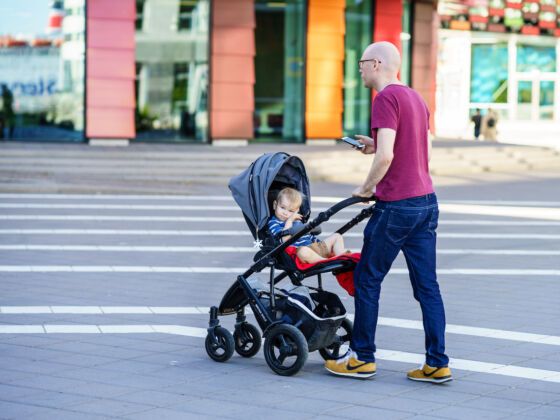You get 480 days of paid parental leave.
Known for having the best parental leave policies in the world, Sweden pays 80% of your salary for 390 of those days, with the remaining days paid at a flat rate. 90 days are assigned entirely to the father, and if he doesn’t take them, they are lost. The Swedish government also provides a “gender equality bonus” if the parental leave is split evenly between both parents.
This leave can be claimed at any time until the child turns eight, and also applies to people who are unemployed when they have a child. If parents have multiple children, they can collect leaves from all of them, which is why some Swedes go on vacations with their families that last for months… Aside from the generous vacation time policies in Sweden, they can tack on a couple of parental leave weeks whenever they feel like it.
